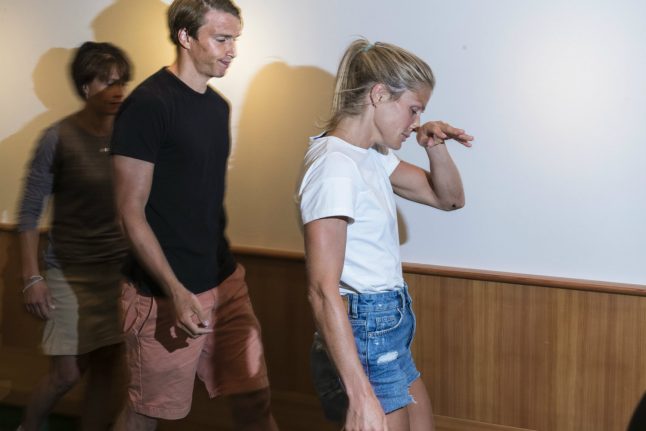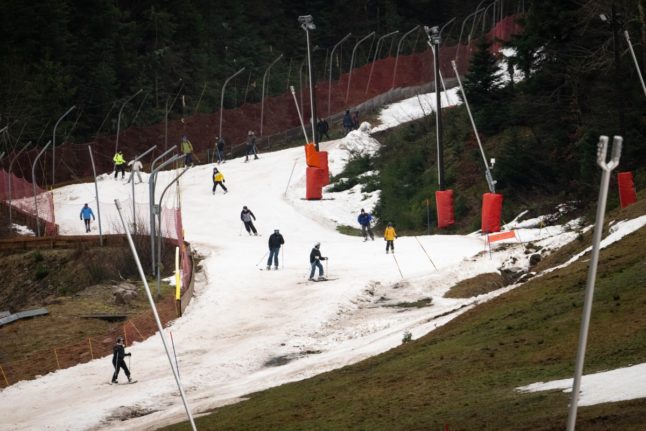In February, Norway's sports arbitration board imposed a 13-month suspension on the 29-year-old, who tested positive for a steroid which she said was in a lip balm.
But the International Ski Federation (FIS) deemed that decision too lenient and lodged an appeal.
“I'm completely broken. I was dreaming about the Olympics and I was told yesterday that it would not happen,” Johaug tearfully told a live-streamed news conference in Italy on Tuesday.
“I cannot understand the punishment I got. I find it unfair.”
Johaug, a relay gold medallist at the 2010 Winter Olympics, tested positive for traces of the anabolic steroid clostebol, banned by the World Anti-Doping Agency (WADA), during an out-of-competition drug test on September 16th, 2016.
She said the steroid was contained in a lip cream called Trofodermin, which the team doctor had given her to treat burns she received during a training session at high altitude in Italy in late August.
Since the beginning of the case, the judges have believed her explanations and precluded an attempt to cheat as the steroid doses in the lip balm are not enough to boost performance.
Johaug was, however, punished over negligence.
CAS said “Johaug failed to conduct a basic check” of the lip balm's packaging, “which not only listed a prohibited substance as an ingredient but also included clear doping cautionary warning”.
In a statement on Tuesday, it added that “such omissions resulted in an anti-doping rule violation inconsistent with her otherwise clean anti-doping record.”
The court said its panel “was obliged to apply a proportionate sanction, consistent with the level of fault” to guarantee equality in anti-doping rules.
Johaug's suspension is to run until April 18th, 2018, ruling her out of the Olympics which take place in Pyeongchang, South Korea on February 9th-25th.
The only way to overturn the Lausanne-based CAS's decision is to lodge an appeal to the Swiss Supreme Court, but this scenario is deemed unlikely.
The news touched a raw nerve in Norway, where skiing is the national sport.
“I am sad that Therese must pay such a high price in a case where she is believed on all accounts,” Johaug's close friend and fellow skier, Marit Bjørgen, was quoted as saying by public broadcaster NRK.
Norwegian team leader Vidar Lofshus said he was “in shock”.
The FIS, which requested a suspension between 16 and 20 months, said it was “satisfied that an independent body had the opportunity to review all the facts of the case and to render an impartial verdict”.
Despite its accidental nature, the case has harmed the image of Norwegian skiing, which has long claimed to be clean but lately suffered several blows.
In July, Martin Sundby, another national star, was suspended for two months and deprived of his victory in the Tour de Ski 2015 for improper use of asthma medicine.
The Norwegian media was unanimous in finding Johaug's punishment too severe.
“Anti-doping in sports has lost its common sense,” the daily Aftenposten commented. “Johaug verdict is a massive blow to Norwegian naivety,” suggested tabloid Verdens Gang.
Johaug has ruled out retirement but warned: “I do not know how my motivation will be in the future.”
READ ALSO: Norway's Johaug wins 10km cross-country



 Please whitelist us to continue reading.
Please whitelist us to continue reading.